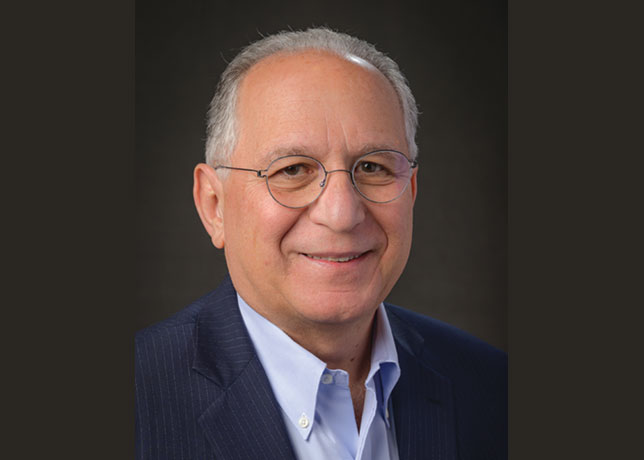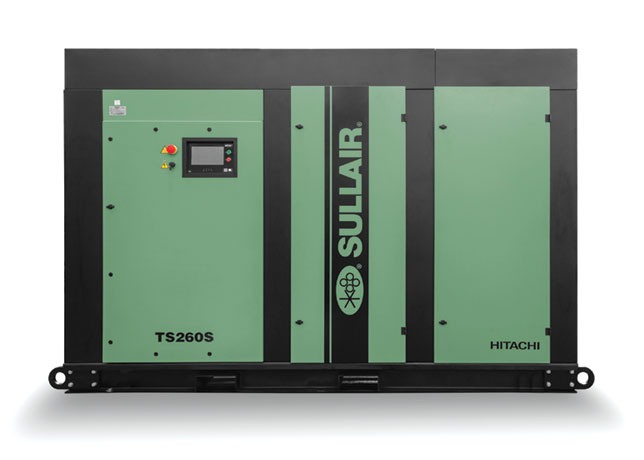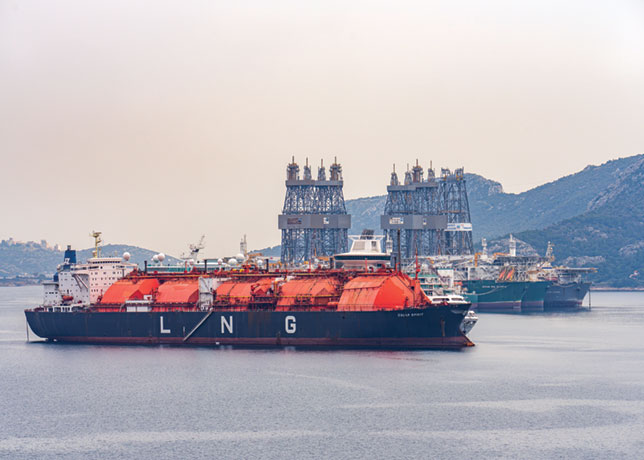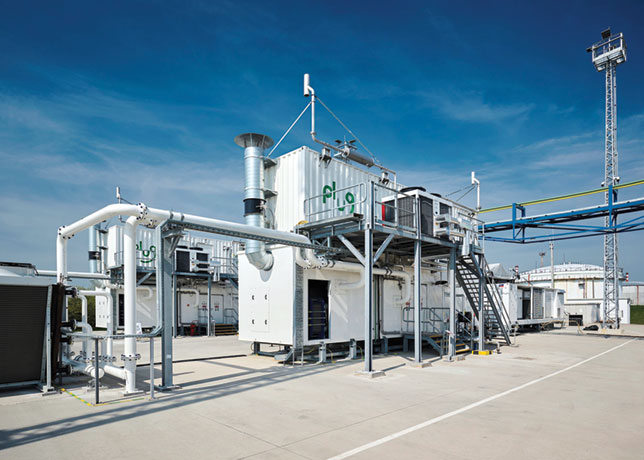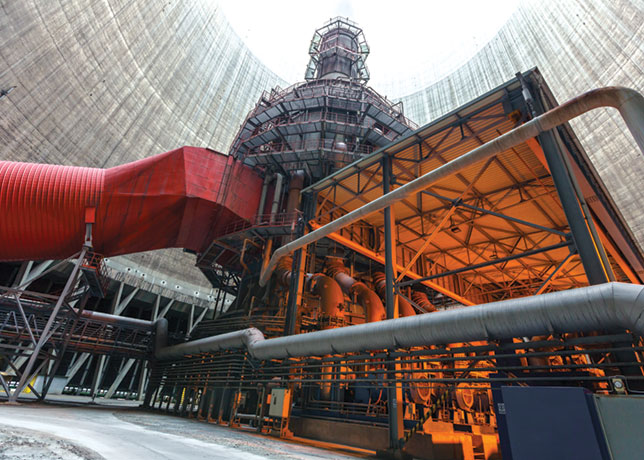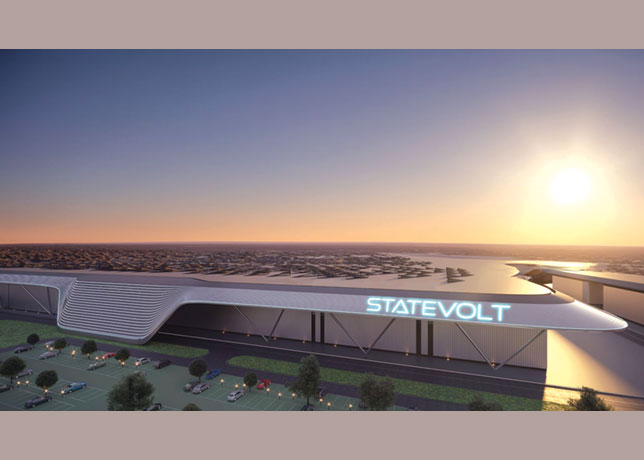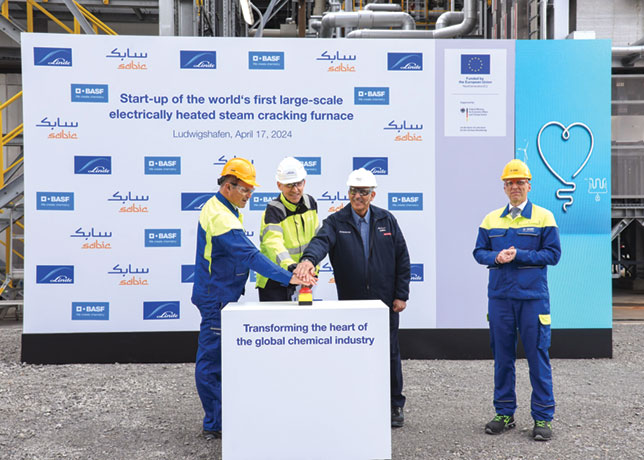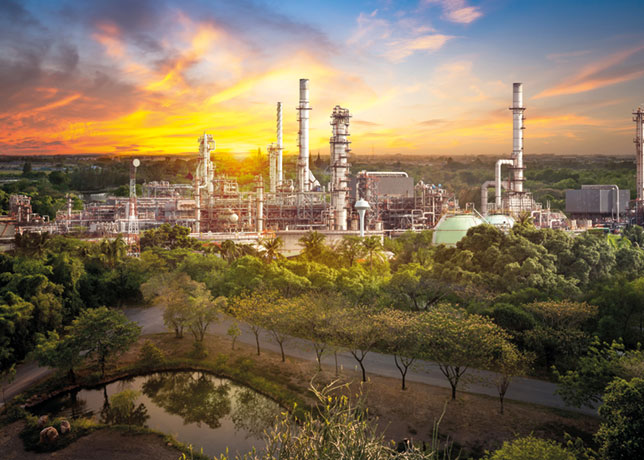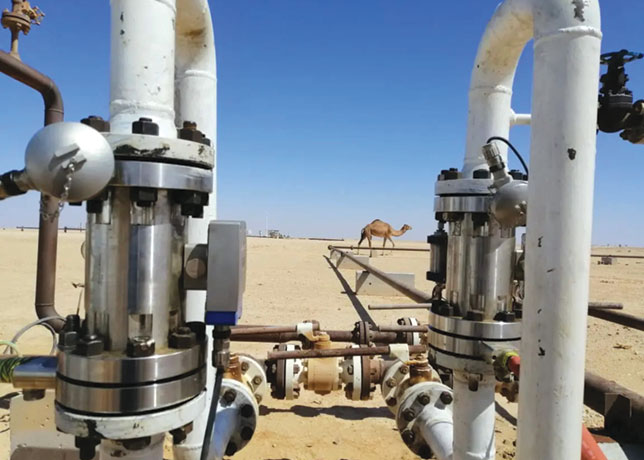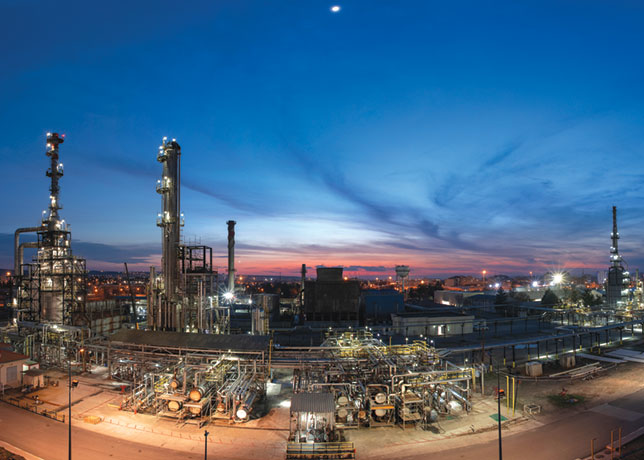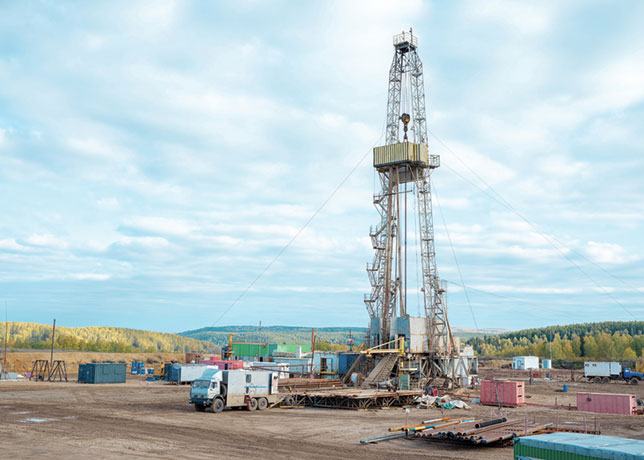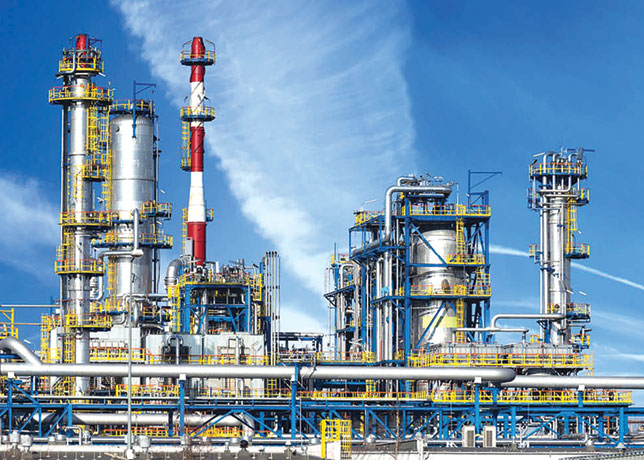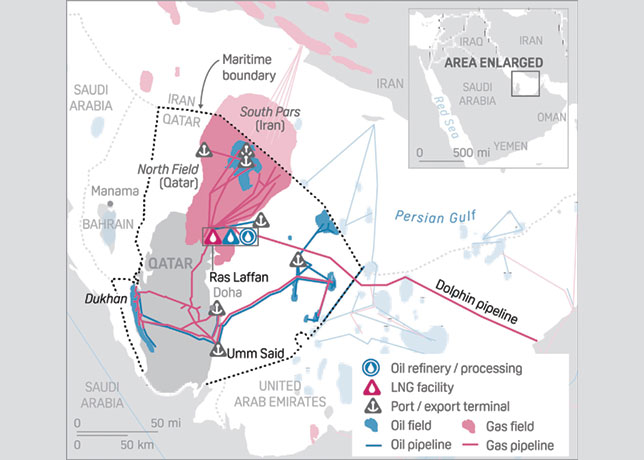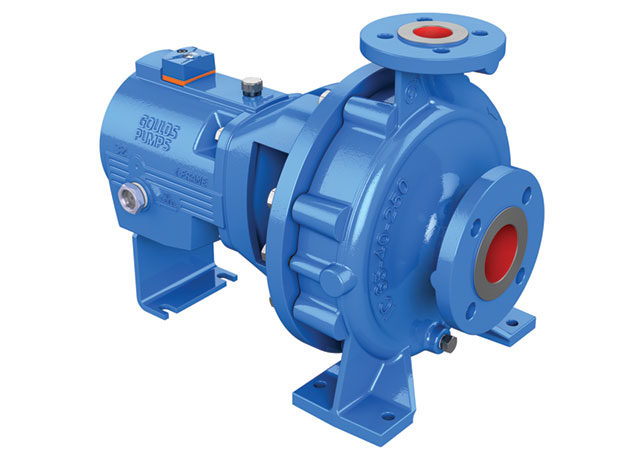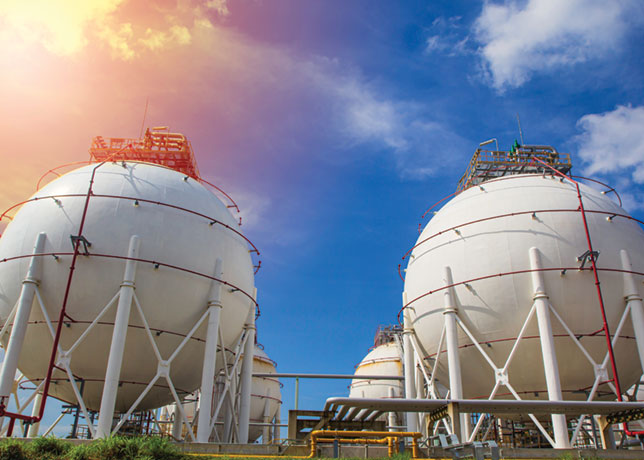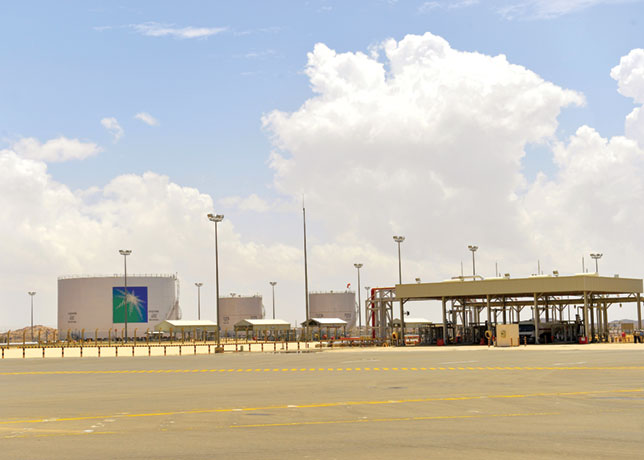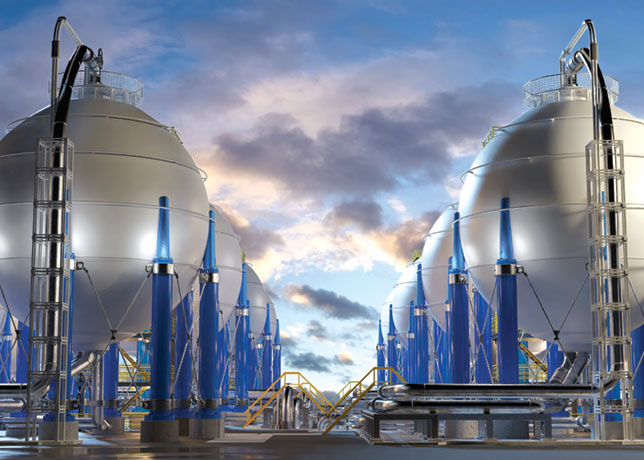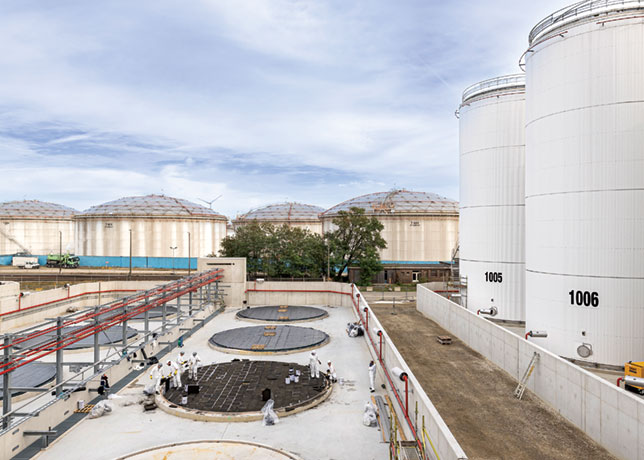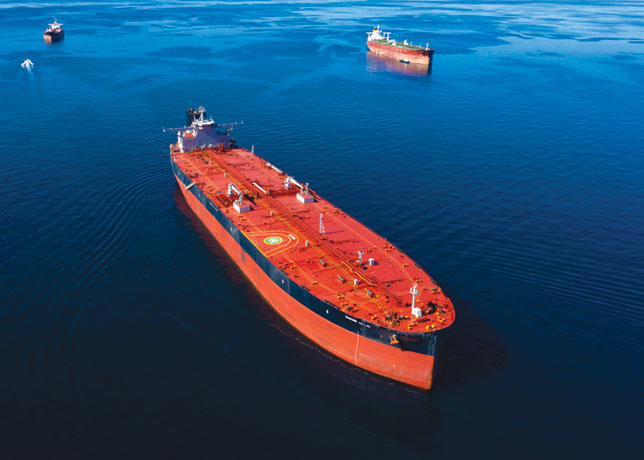
North Dakota’s Bakken oil patch has thrived thanks in large part to the once-niche business of hauling fuel on US rail tracks. New safety rules may now test the oil train model.
The Obama Administration is due to unveil a suite of reforms that will rewrite standards conceived long before the rise of the shale oil renaissance, at a time when crude rarely moved by rail and few Americans had ever seen the mile-long oil trains that now crisscross the nation.
Taken separately, the changes appear incremental – a question of a fraction of an inch of steel in tank cars, a few miles an hour of speed or rerouting trains; stripping explosive gases out of the oil would be costly but not complex.
But refiners, oil producers, traders and even railroads have become so reliant on such shipments that the reforms, taken together, could upend a practice that has bolstered bottom lines across a wide swathe of industrial America. It may also complicate shipments of one-tenth of US crude to refineries.
Executives have met formally with regulators and the White House more than a dozen times this year, often to resist anticipated reforms or propose alternatives – typically ones that put the onus on a different industry.
Regulators have so far withheld specifics of their rule proposals, but interviews with industry executives and a review of presentations reveal at least four major areas of concern.
An apparent agreement between railroads and oil drillers over new tank car standards may offer a way forward on one of the most contentious issues, one that has vexed regulators since a runaway train derailed and exploded in the Quebec town of Lac Megantic last July, killing 47 people.
Other elements are far from resolved, however. Industry officials are ramping up their rhetoric, beseeching the White House to drop measures that they say would cripple their business and only marginally improve safety.
How regulators balance public safety concerns with commercial imperatives will shape the industry for years. “If it were not for Bakken rail deliveries, five or six refineries on the East Coast would be shut,” Charles Drevna, president of the American Fuel & Petrochemical Manufacturers, said of the stakes.





